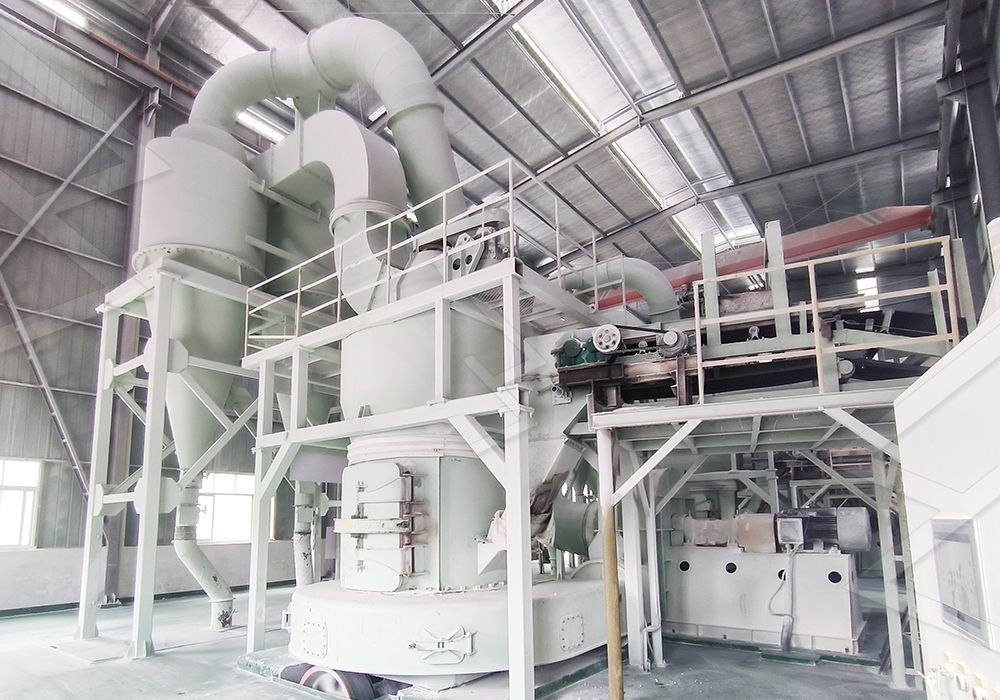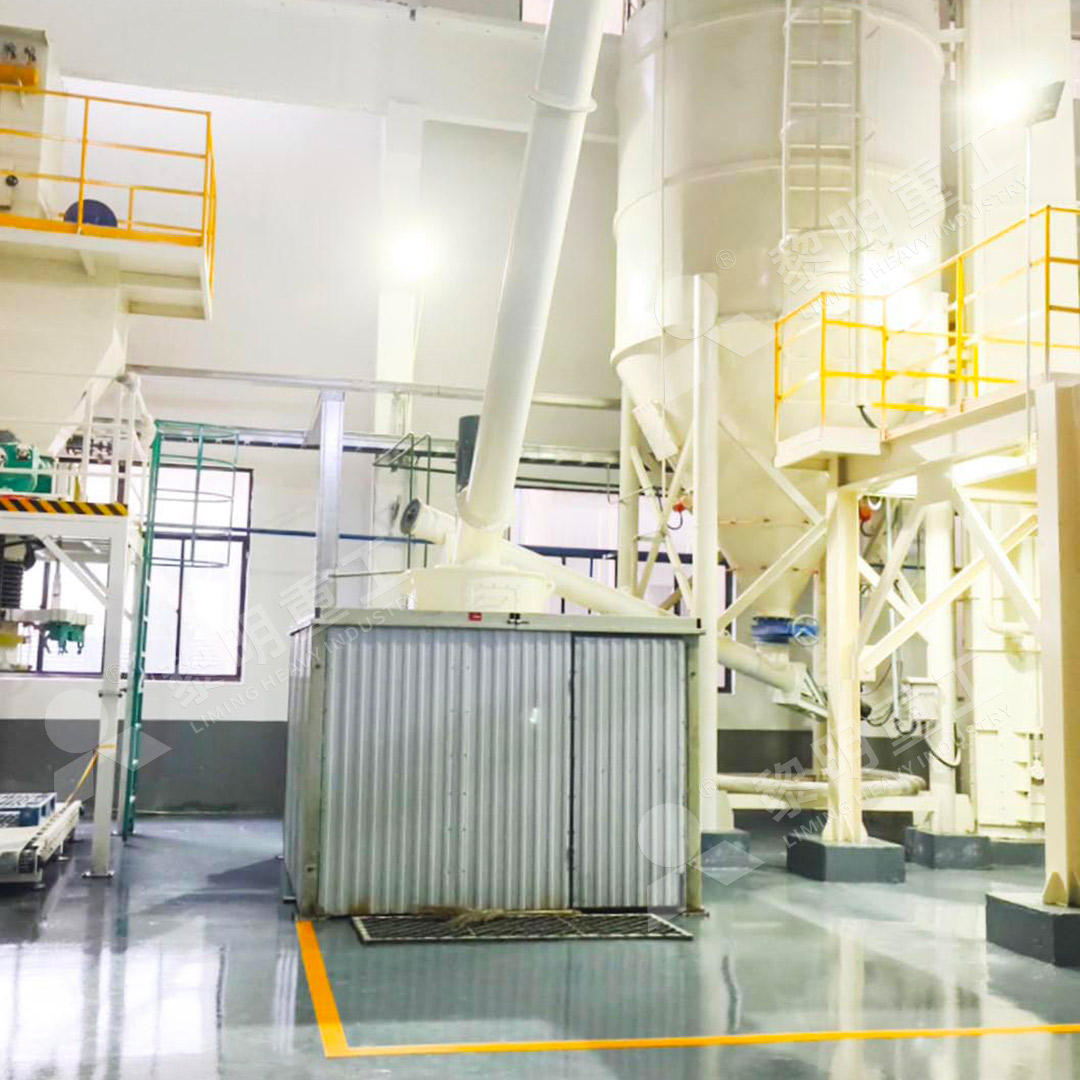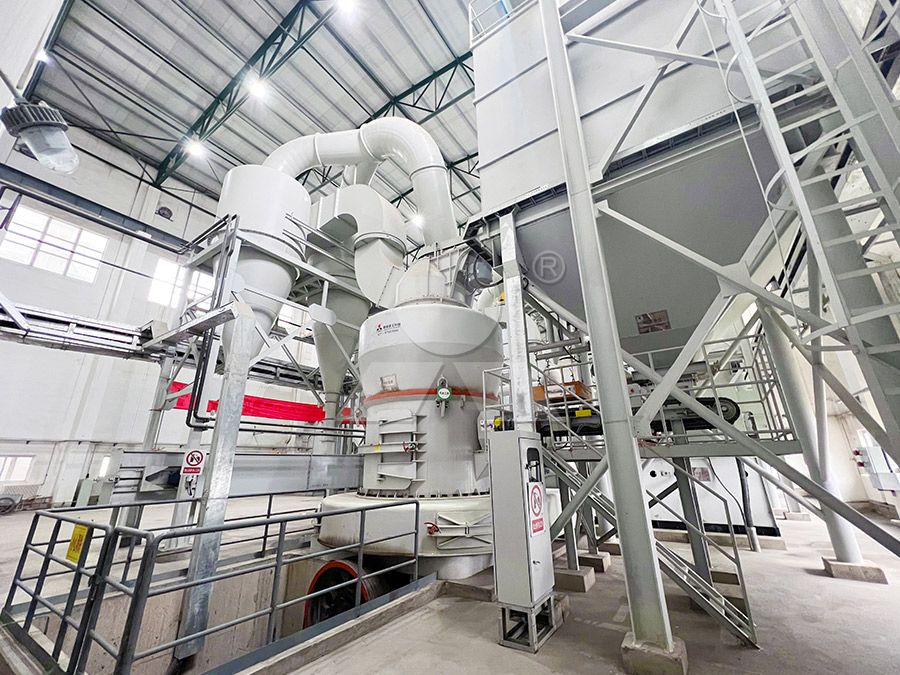6R Raymond Mill for Efficient Titanium Ore Grinding and Processing
We provide a wide range of mills — including Raymond mill, trapezoidal mill, vertical mill, ultrafine mill, and ball mill, obtained ISO9001 international quality certification, EU CE certification, and Customs Union CU-TR certification. Suitable for processing minerals such as limestone, phosphate, quicklime, kaolin, talc, barite, bentonite, calcium carbonate, dolomite, coal, gypsum, clay, carbon black, slag, cement raw materials, cement clinker, and more.
The discharge range of these mills can be adjusted to meet specific processing needs, typically from 80-400 mesh, 600-3250 mesh, and can achieve the finest particle size of up to 6000 mesh(D50).
If you are looking for a reliable grinding solution to turn stone or minerals into fine powder, please feel free to contact our online customer service.
Unlocking Titanium Ore Potential with Advanced Grinding Technology
In the demanding world of mineral processing, titanium ore presents unique challenges that require specialized grinding solutions. With its exceptional strength-to-weight ratio and corrosion resistance, titanium has become indispensable across aerospace, medical, and industrial applications. However, processing this valuable ore demands equipment that can handle its abrasive nature while maintaining precise particle size control and operational efficiency.
The 6R Raymond Mill has emerged as a frontrunner in titanium ore processing, offering a balanced approach to grinding efficiency and cost-effectiveness. This advanced milling system builds upon the proven Raymond Mill principle while incorporating modern technological enhancements specifically suited for challenging materials like titanium ore.

Why 6R Raymond Mill Excels with Titanium Ore
What sets the 6R Raymond Mill apart in titanium ore applications is its robust construction and optimized grinding parameters. The six grinding rollers provide superior crushing force distribution, ensuring consistent particle size reduction even with titanium ore’s variable hardness. The mill’s airflow system is specifically calibrated to handle the density characteristics of titanium compounds, preventing material buildup and ensuring smooth operation.
From my experience visiting processing plants, I’ve seen firsthand how the 6R configuration reduces vibration issues common with titanium grinding. The reinforced base and precision-balanced rotating assembly maintain stability throughout operation cycles, which is crucial when dealing with abrasive materials that can cause premature wear in less robust systems.
When to Consider Advanced Grinding Solutions
While the 6R Raymond Mill handles standard titanium ore processing effectively, operations requiring ultra-fine powders or dealing with particularly complex titanium deposits might benefit from more specialized equipment. For these demanding applications, our MW Ultrafine Grinding Mill presents an excellent alternative or complementary solution.
The MW Ultrafine Grinding Mill represents the next evolution in precision grinding technology. With an input size capability of 0-20 mm and capacity ranging from 0.5-25 tph, this system is engineered for customers requiring ultra-fine powder production. What makes it particularly valuable for titanium applications is its ability to achieve fineness between 325-2500 meshes while maintaining higher yielding rates with lower energy consumption compared to conventional systems.

Operational Advantages in Real-World Applications
During a recent site evaluation at a titanium processing facility, we documented how the MW Ultrafine Grinding Mill’s innovative design directly addressed several persistent challenges. The absence of rolling bearings and screws in the grinding chamber eliminated concerns about bearing damage or machine failure due to loose screws – a common issue with titanium’s abrasive properties. The external lubrication system allowed continuous 24-hour operation without shutdowns for maintenance, significantly improving production uptime.
The environmental considerations also shouldn’t be overlooked. Titanium processing often faces scrutiny regarding dust control, and the MW Ultrafine Grinding Mill’s efficient pulse dust collector and muffler system effectively contained particulate matter while reducing operational noise. The fully enclosed system operates under negative pressure, preventing material escape and maintaining workshop cleanliness.
Making the Right Equipment Choice
Selecting between the 6R Raymond Mill and more advanced options like the MW Ultrafine Grinding Mill depends on your specific production requirements, desired final product specifications, and operational priorities. The 6R Raymond Mill offers proven reliability and cost efficiency for standard titanium processing, while the MW system provides superior precision for specialized applications requiring ultra-fine powders.
Many operations find that implementing both systems in different stages of their processing line delivers optimal results – using the 6R for initial size reduction and the MW for final precision grinding. This approach maximizes efficiency while ensuring product quality meets the strictest specifications.

Frequently Asked Questions
What is the typical production capacity of a 6R Raymond Mill for titanium ore processing?
The 6R Raymond Mill typically processes 0.6-5 tph of titanium ore, depending on the ore’s specific characteristics and desired final particle size. Harder titanium ores generally result in lower throughput rates.
How does the MW Ultrafine Grinding Mill achieve higher efficiency with titanium ore?
The MW Mill’s newly designed grinding curves of the grinding roller and ring significantly enhance grinding efficiency. With the same fineness and power, production capacity is 40% higher than jet grinding mills and twice as large as ball grinding mills, while system energy consumption is only 30% of jet grinding mills.
What maintenance advantages does the MW Ultrafine Grinding Mill offer for abrasive materials like titanium?
The absence of rolling bearings and screws in the grinding chamber eliminates concerns about bearing damage or machine failure from loose screws. The external lubrication system enables lubrication without shutdown, supporting continuous 24-hour operation.
How fine can the MW Ultrafine Grinding Mill process titanium ore?
The MW Mill can adjust fineness between 325-2500 meshes, with screening rates achieving d97≤5μm in a single pass. The cage-type powder selector with German technology ensures precise powder separation for consistent quality.
What environmental benefits do these grinding systems provide?
Both systems feature efficient pulse dust collectors that prevent dust pollution during operation. Silencers and noise elimination rooms reduce operational noise, with production fully compliant with national environmental protection standards.
